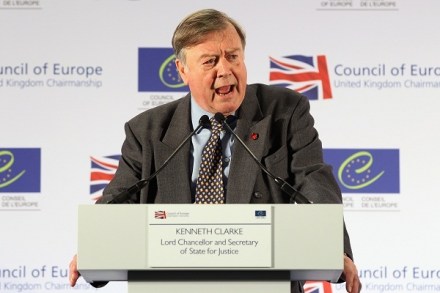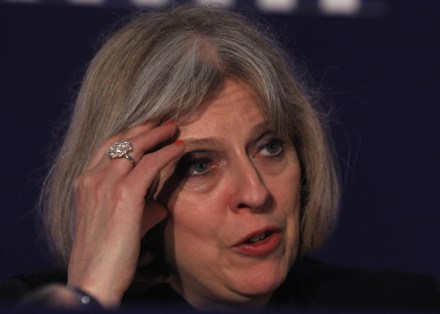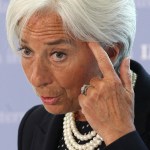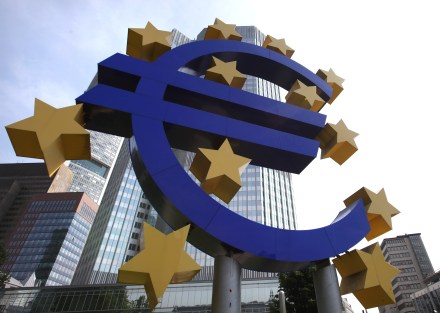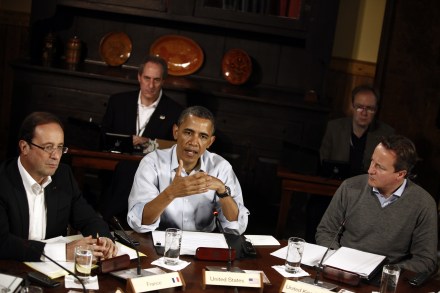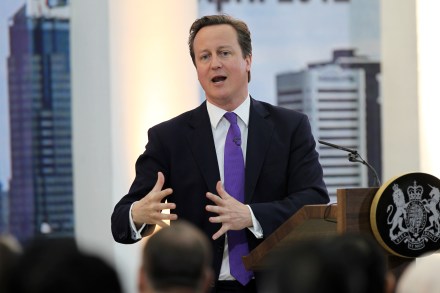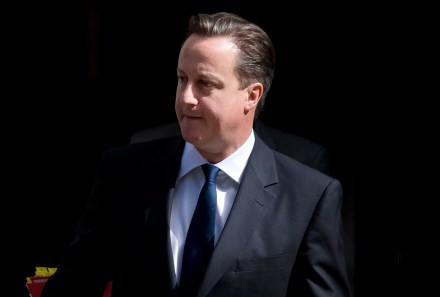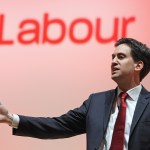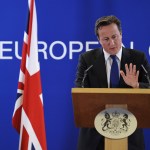The guilty men
There was a telling moment in Michael Gove’s testimony to Leveson yesterday, when he applauded Rupert Murdoch for The Sun’s campaign against the Euro: ‘Gove: Other politicians recognised that the campaign which the Sun and others ran to keep us out of the single currency was right, and I think if we’re reflecting on other newspaper campaigns, I think we can undoubtedly say that was a campaign in the public interest. Jay: Well, some people might still disagree with that proposition, Mr Gove, but I’m not going to take you on it. Gove: I’m sure — well, a dwindling number may.’ To me, the exchange was a reminder of how
